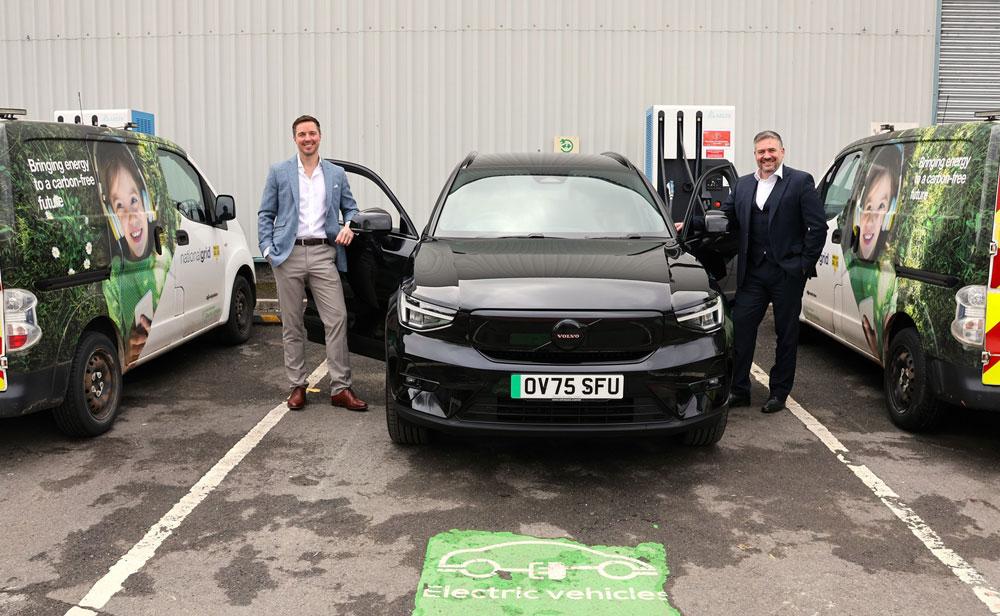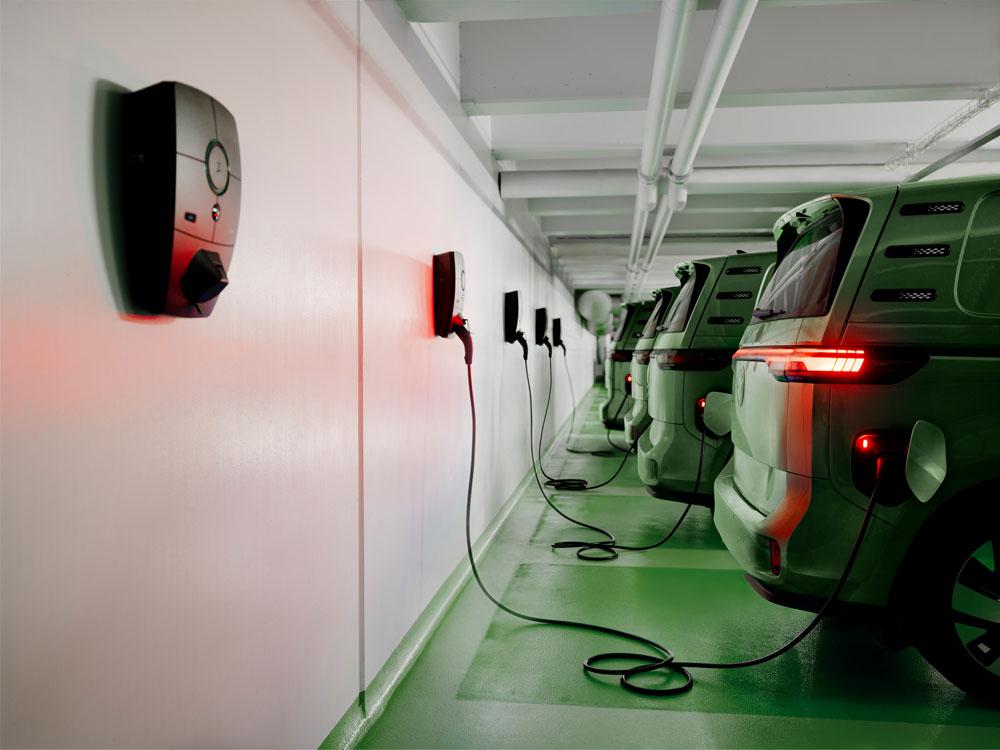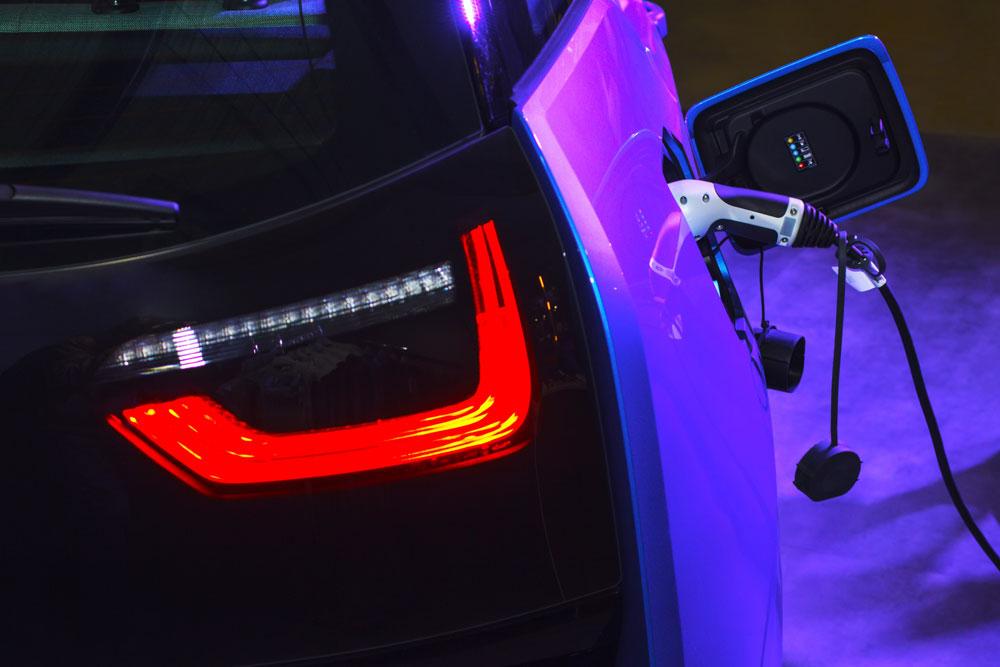The UK and EU have agreed to extend trade rules on electric vehicles until the end of 2026 to keep costs down for manufacturers and consumers.
To access zero tariffs under the Trade and Cooperation Agreement (TCA), businesses must prove their products include a minimum level of EU or UK manufactured content. These requirements are known as “rules of origin” and help determine where products originate rather than where they’re shipped from to ensure lower tariffs are correctly applied to eligible products and support market competition.
Under the existing Trade and Cooperation Agreement, a staged approach was introduced for electric vehicles and batteries which required phased increases in these rules of origin requirements - with the first increase due to take effect on 1 January 2024, before a final increase from 1 January 2027.
This phased approach would increase the content requirements for electric vehicles to be eligible for tariff free trade over the next three years. These were initially designed to reflect industry capability at the time and incentivise investment in domestic battery production.
However, in recognition of the disruption to the global supply chain caused by the COVID-19 pandemic and Russia’s illegal invasion of Ukraine, the UK and EU have agreed to cancel the 2024 changes, meaning the existing rules of origin will last for a further three years until the end of 2026.
This agreement facilitates UK-EU tariff-free trade in electric vehicles and prevents 10% tariffs being levied on this trade from January. Industry expects this will save car manufacturers and consumers up to £4.3 billion in additional costs and provide long term certainty to the sector as we continue to scale up our domestic battery supply chain and work to deliver our net zero commitments.
Mike Hawes, SMMT Chief Executive, said: "Deferring the rules of origin is a win for motorists, the economy and the environment. Maintaining tariff-free trade in EVs will ensure consumers retain the widest and most affordable choice of models, at a time when we need all drivers to make the switch.
"Governments have listened to the sector and acted to safeguard the competitiveness of the EU and UK automotive industries and give the Anglo-European battery industry the critical time it needs to catch up. The measure will help cut carbon, support growth and jobs, and is the right decision for the decarbonisation of road transport."







